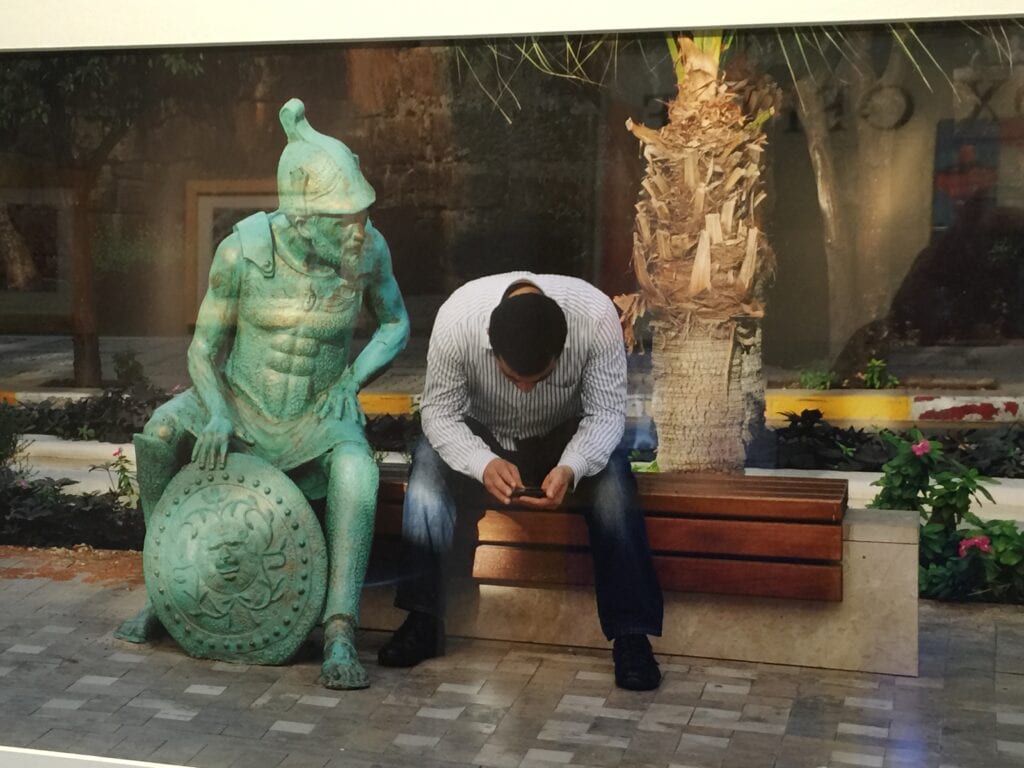My daughter moved to San Francisco 17 years ago as part of a job opportunity; ultimately got married and started a family; was fortunate to be able to purchase affordable housing in the Pacific Heights area of the city; and seems to have settled in for the long haul. It’s not difficult to see why, given the weather and general laid back, relaxed atmosphere of the west coast. For me, having a good reason to regularly visit San Francisco(pre pandemic) is a bonus, especially with opportunities to escape the New England winters for some respites of warmth and sun…the fog always seems to burn off in some part of the city as the sun takes charge of the day.
Over the past eight to ten years though, I have noticed quite a change in the city during my visits. It’s still beautiful, walkable, and has great public venues and transportation; but people who use to be on a street corner willingly offering assistance and accommodation to a confused tourist have been replaced by fast moving, abrupt folks who rarely look up from their iPhones or sundries of other personal devices. Gentrification is overrunning the city, but ironically in addition to displacing lower income families and small businesses; middle-income residents and ethnic neighborhoods have also been largely impacted.
Alexandra Pelosi’s HBO documentary, San Francisco 2.0, does an excellent job exemplifying the transitions occurring and is worth a look…especially for those who believe that what trends in California eventually makes its way throughout the country. Yes, we are seeing the impacts of gentrification in many evolving, affluent urban areas across the U.S.; but San Francisco, famous for its earthquakes, is an epicenter for the diminishment of the middle class primarily due to all that Silicon Valley represents…the front end of the development, application and use of the latest technology combined with enormous wealth.
The evolvement of those changes personally became clearer for me during my last visit through a three-way quasi exchange I was drawn into while on a bus near the University of San Francisco’s campus. One of the passengers was on a cell phone and responding to the person on the other end of the call with a “yea” response to whatever was being said. A disheveled man sitting near her and across from me would correct her with a firm “yes” each time the “yea” came out of the woman’s mouth. She seemed oblivious to it all, which seemed to further agitate the passenger turned grammarian.
My eyes met the man’s and with resolute in his voice, he told me to me, “San Francisco use to be a bunch of hippies creating intellect; now it is a bunch of techies creating ignorance.” The statement was a contrast to his appearance and perhaps a bit too broad, but it made some sense. The ubiquitous use of personal technology in a range of environments from all sorts of public places to schools to homes has nurtured individual behaviors that seemingly have smothered what are sometimes collective needs, such as perhaps a shared conversation rather than a collection of disjointed efforts
That exchange reminded me of a commentary I read from the Chronicle of Higher Education entitled, How Humanities Can Help Fix the World. The author, John McCumber, is a language professor at UCLA and notes the growing evidence that the skills taught in humanities courses present clear and critical thinking; and knowledge of different cultures that are not taught in highly quantified courses like marketing, economics or STEM courses. McCumber’s claims brought clarity to what a bedraggled man in the middle of San Francisco was lamenting…the loss of intellect and an advance of ignorance. It’s all accentuated for me through the rhetoric of this past presidency along with the post election season. It does seem we have lost a bit of our reasoning ability and humanity; and one has to wonder to what degree social media platforms that technology provides influences the choices we make.
It makes me reflect more on that balance between the exposures we are providing children in schools to the humanities versus the STEM related tracks that are the current rage of curriculum emphasis. Emerging questions for me include:
- How out of balance are we with the degree to which we stress STEM related curriculum over the humanities?
- To what degree has technology impacted how society is being shaped absent a balanced connection to the humanities?
In his commentary, McCumber cites some recent troubling instances of ignorance on the college campuses of UCLA and the University of Oklahoma that provide hints of possible consideration for these questions with examples of students’ lack of historical context and use of social media. Balancing the goodness that technology provides must also include room for shared thinking and learning; and at its very base, technology shouldn’t minimize that sense of humanity that I use to experience on my walks about San Francisco.
________________________________________________
